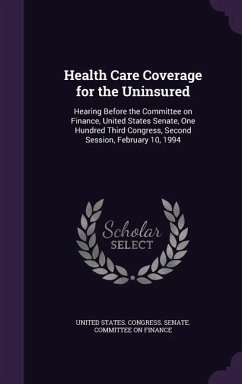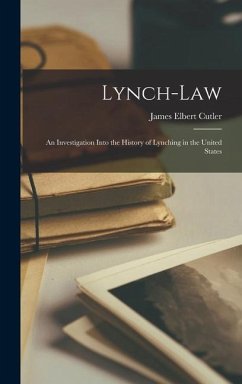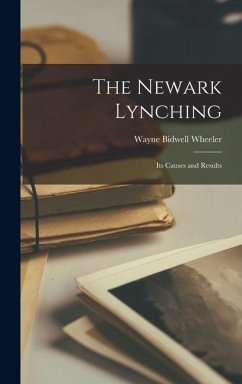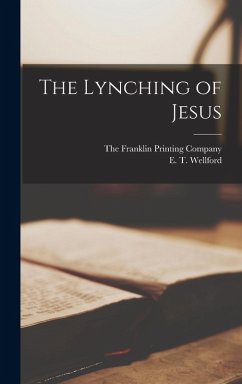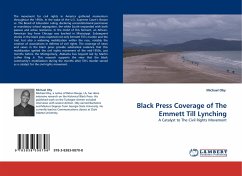
Black Press Coverage of The Emmett Till Lynching
A Catalyst to The Civil Rights Movement
Versandkostenfrei!
Versandfertig in 6-10 Tagen
32,99 €
inkl. MwSt.

PAYBACK Punkte
16 °P sammeln!
The movement for civil rights in America gathered momentum throughout the 1950s. In the wake of the U.S. Supreme Court s Brown vs. The Board of Education ruling, declaring unconstitutional permissive or mandatory school segregation, the white South responded with both passive and active resistance. In the midst of this ferment, an African-American boy from Chicago was lynched in Mississippi. Subsequent stories in the black press reported not only Emmett Till s murder and the trial, but also a widening mobilization within the race, notably the creation of associations in defense of civil rights...
The movement for civil rights in America gathered momentum throughout the 1950s. In the wake of the U.S. Supreme Court s Brown vs. The Board of Education ruling, declaring unconstitutional permissive or mandatory school segregation, the white South responded with both passive and active resistance. In the midst of this ferment, an African-American boy from Chicago was lynched in Mississippi. Subsequent stories in the black press reported not only Emmett Till s murder and the trial, but also a widening mobilization within the race, notably the creation of associations in defense of civil rights. The coverage of news and views in the black press provide substantial evidence that this mobilization ignited the civil rights movement of the mid-1950s, just months before the Montgomery, Alabama bus boycott led by Martin Luther King Jr. This research supports the view that the black community s mobilization during the months after Till s murder served as a catalyst for the civil rights movement.





